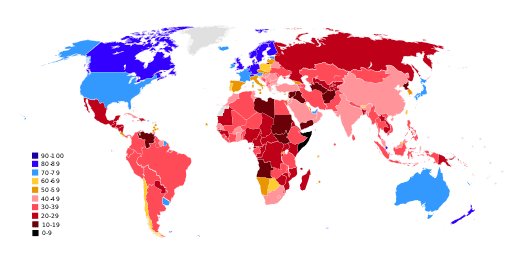Introduction
Bribery and corruption are often used interchangeably, but they have distinct meanings. Bribery involves persuading someone to act in your favor by giving them something of value, while corruption refers to dishonest or illegal behavior, particularly by those in positions of power.
What is Bribery?
Bribery is the act of offering or receiving something of value in exchange for influence or action. Money is a common form of bribe, but other payments or favors can also count as bribes. There are two types of bribery: active bribery, which involves offering payment and asking for a favor, and passive bribery, which involves accepting or asking for payment. Both giving and accepting bribes are illegal.
What is Corruption?
Corruption refers to wrongdoing by powerful individuals through illegitimate and immoral means. It includes bribery, as well as other forms like embezzlement, fraud, abuse of power, nepotism, and collusion. Corruption can occur in any sector and at different scales, ranging from small favors between individuals to large-scale corruption that affects the entire government.
Relationship Between Bribery and Corruption
Bribery is a form of corruption. While bribery involves offering or receiving something of value in exchange for influence or action, corruption encompasses a broader range of dishonest practices.
Difference Between Bribery and Corruption
The key difference between bribery and corruption is that bribery is a specific act of offering or receiving something of value, while corruption is a broader term encompassing various dishonest activities. Bribery is a form of corruption, but corruption also includes embezzlement, fraud, collusion, and abuse of power.
Summary
In summary, bribery involves offering something of value in exchange for a favor, while corruption refers to dishonest or illegal behavior, especially by those in positions of power. Bribery is a specific type of corruption, which also includes other forms such as embezzlement and fraud.
Key Takeaways
– Bribery is a form of corruption, but corruption also includes other dishonest practices such as embezzlement, fraud, nepotism, collusion, and abuse of power.
– Bribery involves persuading someone to act in your favor by giving them a gift or money, while corruption refers to dishonest or illegal behavior in general, especially by those in a position of power.
– Bribery and corruption are related, with bribery being a form of corruption, but corruption encompassing a wider range of dishonest activities.
